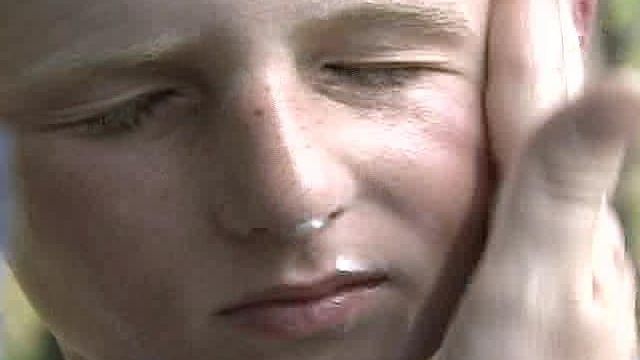Health Team
Skin Cancer Scare Puts Woman on Alert
Of the more than one million cases of skin cancer in this country every year, a small fraction are melanoma. But, it's the most serious and potentially deadly type.
Posted — UpdatedYour browser doesn't support HTML5 video.
HARNETT COUNTY — Of the more than one million cases of skin cancer in this country every year, a small fraction are melanoma. But, it's the most serious and potentially deadly type.
For one woman, a skin cancer scare changed the way she thinks about fun in the sun.
Barbara Dymond wants her kids to enjoy summers the way she did as a child.
“I grew up going to Kerr Lake in the summers, and I learned how to water ski when I was 4 years old,” she said.
Dymond remembers not worrying much about protecting her skin from the sun. All that changed two and half years ago when she had a suspicious mole on her arm checked out. Doctors confirmed it was melanoma – the most serious form of skin cancer.
“Well, melanoma can metastasize early, which means that it can spread to other parts of the body and can lead to death. And it can occur when it's really small,” said Dr. Nancy Thomas, a UNC Dermatologist.
Dymond's melanoma was removed, along with a lymph node that showed the cancer had not spread. A UNC study shows early childhood sun exposure is a significant risk factor for skin cancer as an adult.
That's why Dymond has her children wear special sun protective clothing while at the lake. She also uses sunscreen on the uncovered parts of the body, which should be reapplied every two hours. SPF 30 sunscreen is fine, Thomas said.
“If you go higher than 30, I don’t think there’s a lot of practical benefit,” Thomas said. “I know some of the sunscreens go up to 70.”
Sun protection is all part of the routine in Dymond's family now.
“I don't want them to run into those problems when they grow up,” she said. “And I hope that the protection that I'm using now will help make them healthy adults.”
Risk factors for skin cancer include excessive exposure to the sun, people with a fair complexion who usually burn instead of tan, people with multiple moles, those who had sunburns in childhood, and especially those with a family history of skin cancer.
• Credits
Copyright 2024 by Capitol Broadcasting Company. All rights reserved. This material may not be published, broadcast, rewritten or redistributed.
